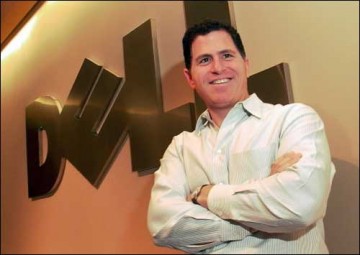 Dell has unveiled its 2022 partner programme which features a new incentive structure, additional storage rebates and a “simplified” tech refresh process.
Dell has unveiled its 2022 partner programme which features a new incentive structure, additional storage rebates and a “simplified” tech refresh process.
The new structure is based on a single structure with regional rebate variations with one set of requirements that combine revenue and training for partners.
Dell claims the restructure enables partners to focus on positioning the best solution for their customers while earning consistent, lucrative incentives, regardless of route to market.
Dell’s global channel chief Rola Dagher wrote in his bog that Dell was anticipating a data-centric culture, a multi-cloud world, a more distributed environment and a resounding corporate impact on the communities.



















